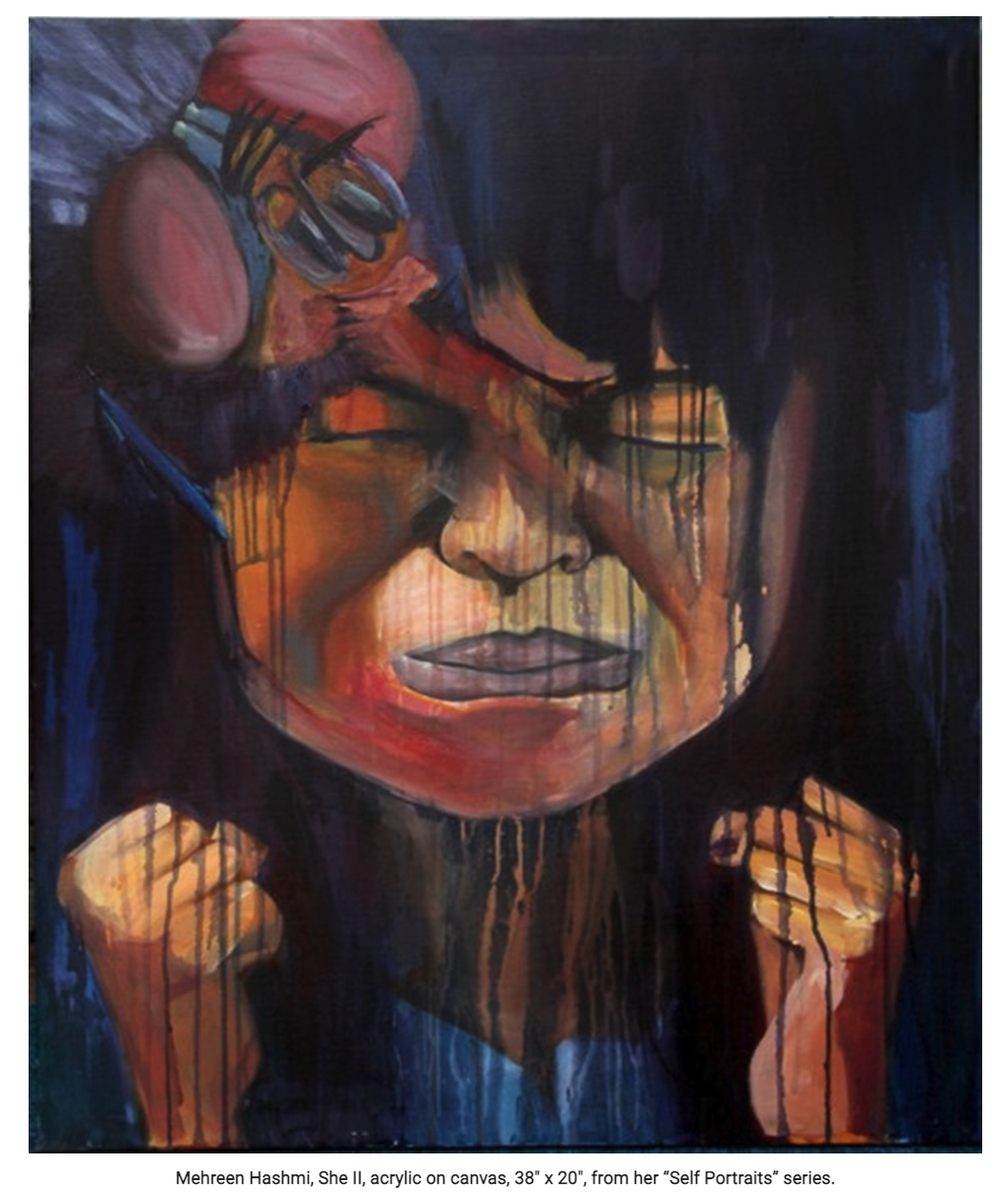Tag: abuse of adoptees
-
The Legacy and Impacts of Abuse in Adoption
—
by
in Abuse in Adoption, Adoptee Anger, Adoptee vulnerability, Adoptees Educate, Adoption Education for Adoptive Parents, Adoption Education for Professionals, Adoptive Country, Birth Country, Complexities in Adoption, Critical Thinking in Adoption, Family Preservation, Grief and Loss, Importance of Connections to Origins, Is adoption the best option, Lifelong Impacts of Adoption, Politics of Adoption, Suicide, Therapy, Transracial Adoption, Trauma in AdoptionLynelle’s part 2 of 3 on Sexual Abuse within Adoption.
-
Adoption, Abuse & Exclusion from the Royal Commission
Lynelle’s part 1 of 3 on Sexual Abuse within Adoption.
-
Expectations of Gratitude in Adoption
—
by
in Abuse in Adoption, Adoptee Anger, Adoptee vulnerability, Adoptees Educate, Adoption Education for Adoptive Parents, Adoption Education for Professionals, Adoptive Country, Birth Country, Complexities in Adoption, Critical Thinking in Adoption, Gratitude in Adoption, Grief and Loss, Importance of Connections to Origins, Is adoption the best option, Lifelong Impacts of Adoption, Not Knowing in Adoption, Sense of Belonging, Therapy, Transracial Adoption, Trauma in AdoptionLynelle shares about the burden of being expected to be grateful in being adopted.
-
Cuts You Deep
Whilst studying for my undergraduate degree in History, I found the similarities of my childhood and reading the history of Nazi Germany opened up my old anxieties. The interrogation methods of the SS were like pages read out about my own childhood. My adopted mother acted like a Concentration Camp guard, always on the lookout…
-
Citizenship should be guaranteed in Intercountry Adoption
—
by
in 1993 Hague Convention, Adoptee Activism, Adoptee Anger, Adoptee vulnerability, Adoptees Educate, Adoption Agencies, Adoption Education for Adoptive Parents, Adoption Education for Professionals, adoption reform, Adoptive Country, Birth Country, Citizenship in Adoption, Compensation to Victims in Adoption, Complexities in Adoption, Critical Thinking in Adoption, Grief and Loss, Illegal Adoption, Illicit Adoption, Is adoption the best option, Lifelong Impacts of Adoption, Not Knowing in Adoption, Politics of Adoption, Rights in Adoption, Sense of Belonging, Transracial Adoption, Trauma in Adoption, USACitizenship in America is not granted to all intercountry adoptees. This paper explores the topic critically from those with lived experience.
